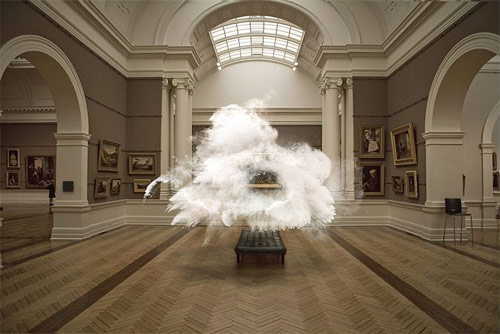In the second review, Jon Christensen focuses on Bradfield's attempt to "challenge the idea of queerness as not 'natural.'" I would have to read more of her first collection to relate to this point however I find this argument interesting in the larger context of Bradfield's poetry. As a naturalist, Bradfield's approach to queerness resonates strongly with me. Especially references to her poem, "Creation Myth" in which Bradfield refers to scientific explanations of female deer growing antlers. The mingling of queer poetry and naturalistic poetry is powerfully portrayed in Bradfield's poems. As she describes in her Q&A she tries to set the polar expeditions with the contemporary ideas of sexuality, race, gender and identity.
I watched a video on youtube in which Bradfield describes the significance of her poems. She discusses how sound is the major influence of her poems. How she hears something and she has to put it on paper. She also discusses how her work in naturalism creates the scope of her poems. I would love to know how sound and naturalism provide the inspiration for her poems. What kind of sounds ring that must be written down? How does Naturalism offer itself to be capture in words and in poems? Is it ever challenging to capture such a sublime force of nature into a single poem or collection of poems?

The queerness of the natural world! Great idea. It could be a question even just like that, as a statement. And your questions about sound might be very helpful to us as readers (of any poetry).
ReplyDeleteThanks,
Robert